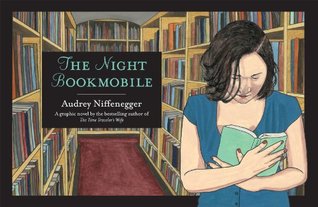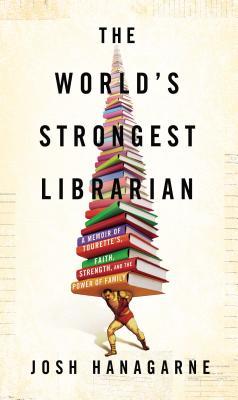- Read a book about books.
- Read a book that is set within 100 miles of your location.
- Read a collection of stories by a woman.
 |
| Simon & Schuster |
As the summary attests, it's indeed a "brazen heist worth of Ocean's Eleven." Personally, I found it fascinating to learn how Haidara became involved in the manuscript preservation business and how he and other librarians managed to steal away more than 350,000 manuscripts from Timbuktu. I mean, the number is simply mind boggling.
Moreover, I was consistently fascinated by the history and culture of Timbuktu and Mali as a whole. Hammer offers a rich variety of details, discussing the medical, cultural, historical, scholastic and artistic impact of Timbuktu. Although his work can grow a little dry, every chapter offers fascinating insight into the history of Timbuktu and, more importantly, provides readers with an eye-opening portrait of the conditions faced by Mali's residents when Al Qaeda invaded.
 |
| Cipher-Naught |
Overall, I really enjoyed reading Beauty and the Mustache. Like I noted above, it's a short, sweet little romance and it's absolutely adorable. It's sometimes bittersweet, sometimes tragic, but I immensely enjoyed reading Penny Reid's novel. I found I connected to Ashley, our main character and narrator, on a personal level and I admired her sharp, sarcastic sense of humor, her intelligence, and her ability to go toe-to-toe with Drew's philosophical meanderings.
However, I will note I was bothered by one thing: I did not like the setting. I love the Smoky Mountains, don't get me wrong; however, I simply didn't like the narrator's inability to describe her surroundings. I was incredibly disappointed by the setting descriptions, which were seriously lacking. I wanted to hear more about the winding roads, the multitude of trees, the softly sloping mountains in the distance, or the way the hills fade against the horizon, deepening to a slate blue before disappearing altogether.
I wanted to hear about places I've known or seen, but, sadly, I didn't get that chance. It was slightly disappointing.
 |
| Anchor |
It begins with "Bad News," toward the tail end of Nell's life, but it jumps through time with each story and catapults Nell into the past, showing readers glimpses of her childhood and her adolescence and, finally, her transition into adulthood.
Truthfully, I didn't enjoy reading Moral Disorder that much. Atwood is a fantastic writer and her prose packs a punch when she wants it, but, personally, I found I couldn't always connect with the stories in Moral Disorder, I couldn't always connect to Tig and Nell. Granted, when I did connect with one of these stories, it moved me deeply and I worried for Nell, like I'd worry for a friend; however, I found it was a rather unremarkable journey for me overall.








